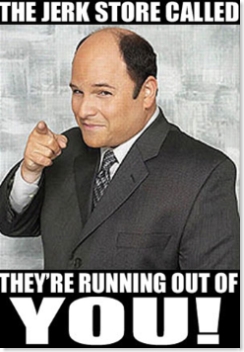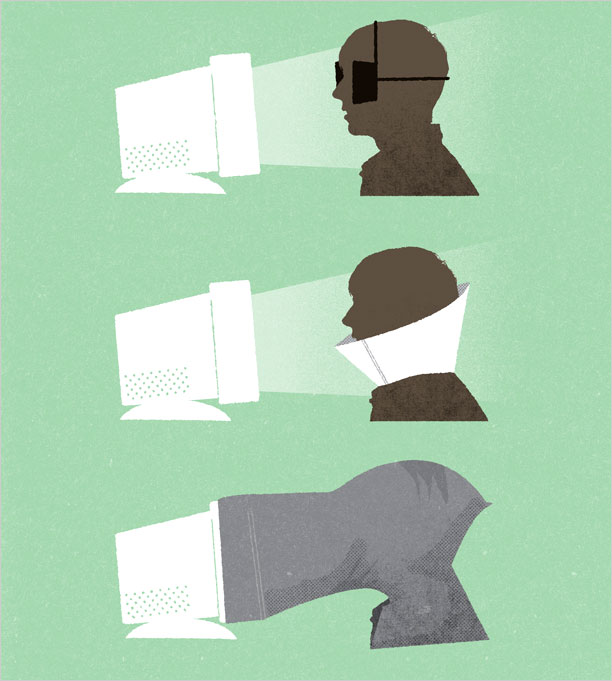 |
| Vidcap of Saltspring Island teacher Kristi Kallip attempting to keep the crowds at bay, sitting atop a police car being smashed while holding out peace signs. |
Originally posted on r h i z o m i c o n
I’m not sure why, but I just had a feeling the Canucks were going to lose Game 7 of the Stanley Cup. It may well be from my experience in the 2002 World Series when San Francisco went up 3-2, only to lose two straight and series. So, when I was flipping around in the wee hours of EDT to catch the score, the Canucks loss was overshadowed by the riots following the loss. The Province has an interesting article on how Vancouver hasn’t progressed since 1994 [see 1994 footage of 40-50,000 rioters taking to the streets], when the Canucks experienced a heartbreaking game 7 Stanley Cup loss. A Vancouver constable summed things up::
“People complain that this is a ‘No Fun City,’” said Const. Colin Naismith, lifting up his riot-protection mask. “Well, they had their chance. This is what happens when you let the floodgates open.”
 |
| Rioter wielding a hockey stick takes out some frustrations on a Bank of Montréal branch. |
Finally, all of this reminds me of Paul Thomas Anderson’s video for Fiona Apple’s cover of “Across the Universe”, on the soundtrack for Pleasantville {1998}::




